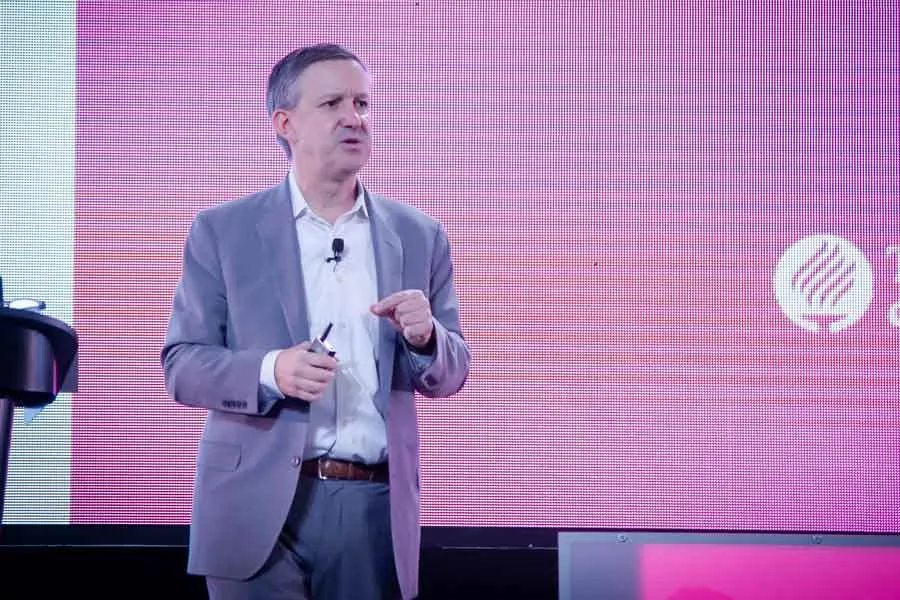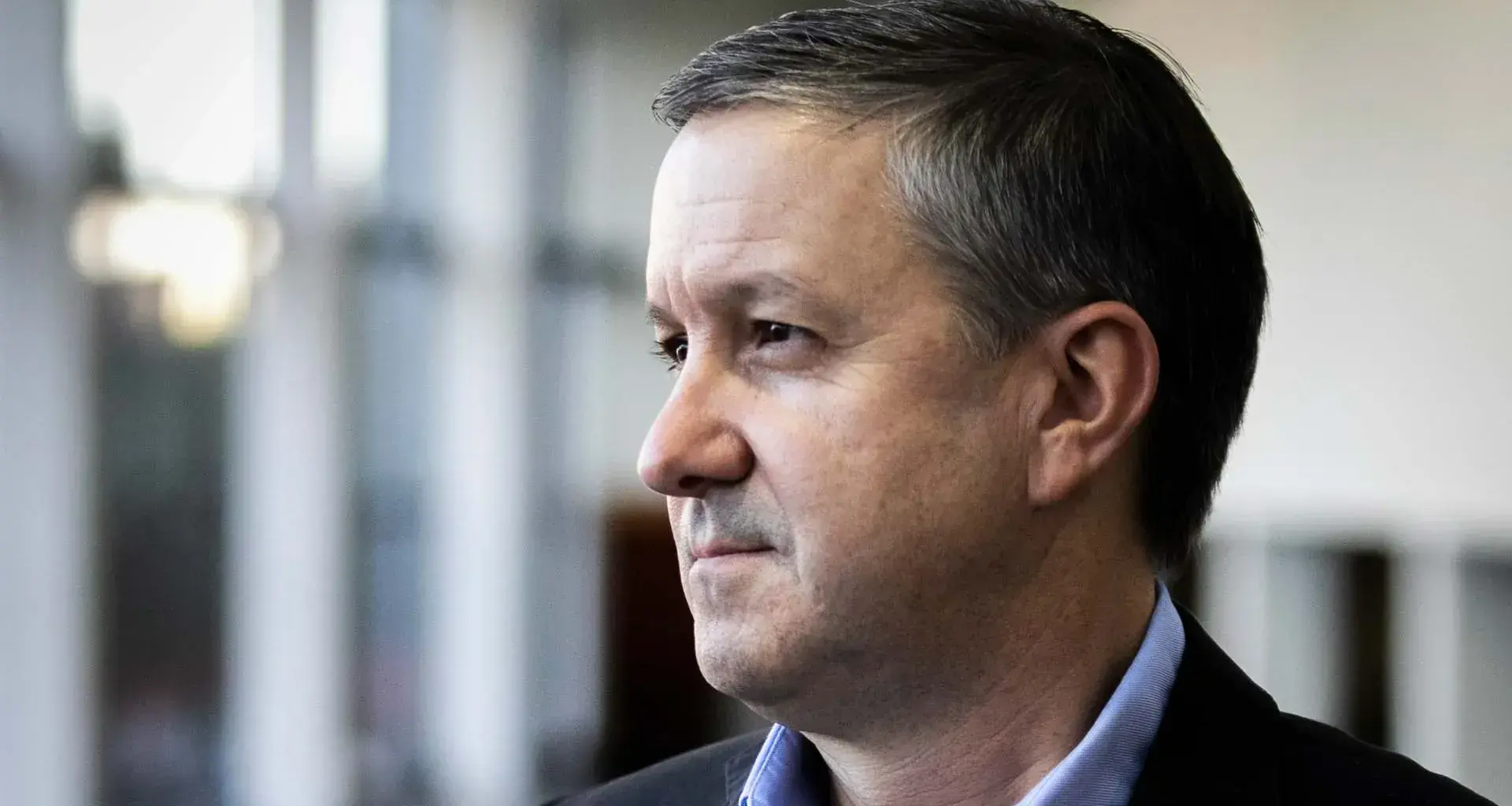Jeff Selingo says that it’s worth investing in higher education, and states that it is necessary to move towards flexible universities.
According to the expert and best-selling author, the education of the future will be like choosing a series or movie on Netflix: everyone will have access to the same thing, but at a different pace.
“We stopped having a ‘TV schedule,’ which required us to be at home on time to watch a program. Now we can watch it at any time. We can watch a single episode or binge-watch all of the episodes.
Selingo participated as a speaker during the International Conference on Educational Innovation (CIIE for its initials in Spanish) from Tec de Monterrey.

Netflix-style education that’s flexible
Selingo said that the value of education will be in things that are less episodic. You won’t have to stop what you’re doing to go to school.
“I compare it to streaming movies and TV series. We can watch and repeat them at any time. There is much more flexibility. You and I can watch the same show, but in a different way. That will happen in higher education.
“For me, this is very similar for the universities of the future. Are you going to stop your life just to show up on campus on a Tuesday at 3 p.m. to take a class? No. We all need to have more flexibility,” he said.
Towards a flexible university model
The author said that the world must invest in education because it is greatly needed.
“In many ways, education and higher education are going to be the next natural resource.” Now, creating a higher education system is the equivalent of the space race 40 or 50 years ago.”
Selingo said that there have also been many questions about equity during the pandemic.
“We have this idea that we can’t leave a large part of the population behind. And we know that education is the key to social mobility, so these countries are investing in that.”
Universities are not prepared, he says
Selingo believes that only a minority are prepared for the changes, but the pandemic presents a good opportunity to change how we learn and teach.
“Only a small minority of universities are ready for this. Higher education is something of a long tradition. It has been around for a long time. This is more difficult in Mexico and other developed countries.
“There are universities that are older than the countries themselves. Harvard is older than the United States. As a result, it’s very difficult to change.”
He said it’s like the arrival of cellphones in countries where they didn’t even have landlines.
“This could happen with higher education: if they don’t have the system and they don’t have the infrastructure, they can build something from scratch.”
He doesn’t foresee quality education being free
The expert doesn’t believe it possible to have quality higher education that is free.
“Higher education is labor intensive. It requires a lot of research and infrastructure. I don’t think it’s possible.”
He pointed out that part of the problem with education around the world is that it used to be a collaboration between institutions, government, and the people, but it has been thrown out of balance in the last 40 years.
“Governments and institutions have withdrawn many of the contributions. That means that a lot of the burden ends up on the student and that for me is worrying.”
He added that partnerships would help ensure quality and make sure that everyone is growing in the same direction.
“We run into problems when one person does more than everyone else, for example, students or the government.”
Selingo’s books have appeared on The New York Times Best Seller list. He has written for the Washington Post and is a frequent contributor to The Atlantic.
The eighth annual CIIE from Tec de Monterrey
This is the eighth International Congress on Educational Innovation from Tec de Monterrey.
The event takes place annually. This time, it was held in a hybrid format for 4 days from December 13 to 16, 2021.
“(The CIIE) has established itself as an outstanding space for the meeting of professionals from different parts of the world. We involve everyone who has the co-responsibility of creating the future of education,” said José Escamilla, director of the Institute for the Future of Education at the Tec.
This year, more than 5,000 attendees participated with the opportunity to listen to discussions and keynotes on education.
READ MORE:





